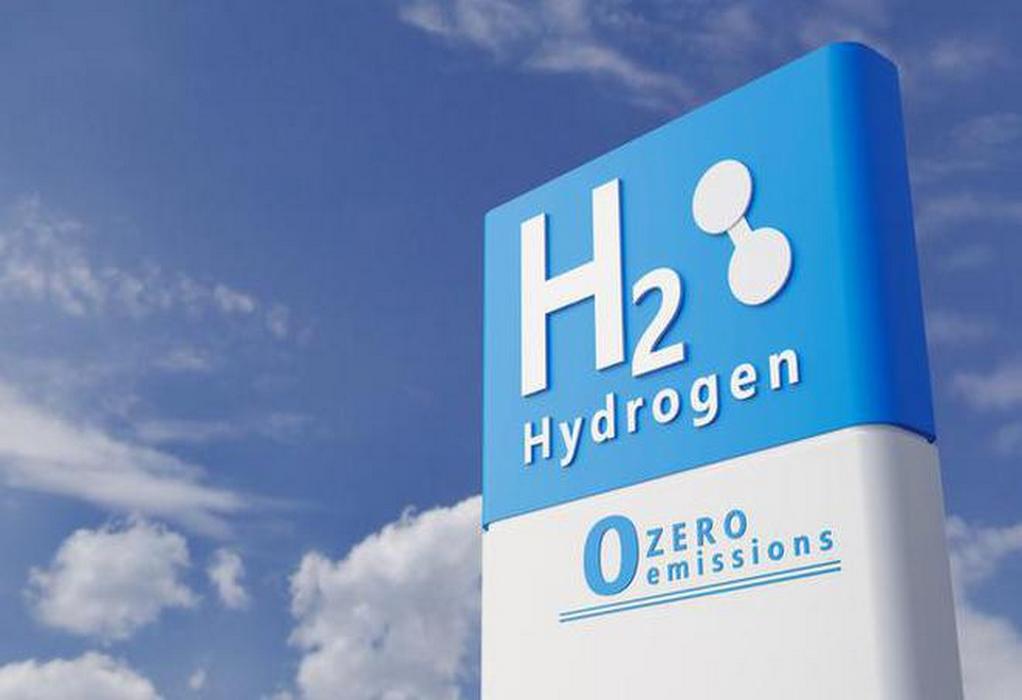Prime Minister Justin Trudeau and German Chancellor Olaf Scholz are set to sign a green energy agreement later this month in Newfoundland that could prove pivotal to Canada’s nascent hydrogen industry.
The German government issued a statement confirming the agreement will be signed Aug. 23 in Stephenville, where a Newfoundland-based company plans to build a zero-emission plant that will use wind energy to produce hydrogen and ammonia for export.
If approved, the project would be the first of its kind in Canada.
Germany is keen to find new sources of energy because Russia’s invasion of Ukraine has led to a surge in natural gas prices. As well, Russia has reduced its flow of natural gas to its European customers, prompting concerns about supply shortages.
Meanwhile, the company behind the Newfoundland project, World Energy GH2, has said the first phase of the proposal calls for building up to 164 onshore wind turbines to power a hydrogen production facility at the deepsea port at Stephenville. Long-term plans call for tripling the size of the project.
John Risley is a director of World Energy GH2, the company that wants to build wind turbines in three areas of Western Newfoundland. The wind energy would power a proposed hydrogen/ammonia plant in Stephenville.
Among the companies behind the project is CFFI Ventures Inc., led by Nova Scotia-based billionaire John Risley, who is best known as co-founder of Clearwater Seafoods.
Tags: Canada, Germany, Green Energy, Hydrogen



Recent Posts
Scandlines Nears Delivery of Zero Emissions Ferry Following Successful Sea Trials
India faces emission roadblocks with rising net-zero demands
Green Energy Resources invests in two electric Liebherr LHM 550
NYK Launches Continuous Use of Bio LNG Fuel on Car Carriers to Advance Decarbonization Goals
Yang Ming Expands Fleet with Methanol and LNG Dual-Fuel Vessels Under Fleet Optimization Plan
ClassNK Advocates Speed Gap Monitoring to Optimize Fuel Efficiency in Heavy Weather
Wärtsilä’s retrofit package for the Corsica Linea ferry Pascal Paoli has resulted in fuel savings of up to 22 percent Corsica Linea
COSCO Shipping Names Second Methanol Dual-Fuel Containership in Yangzhou